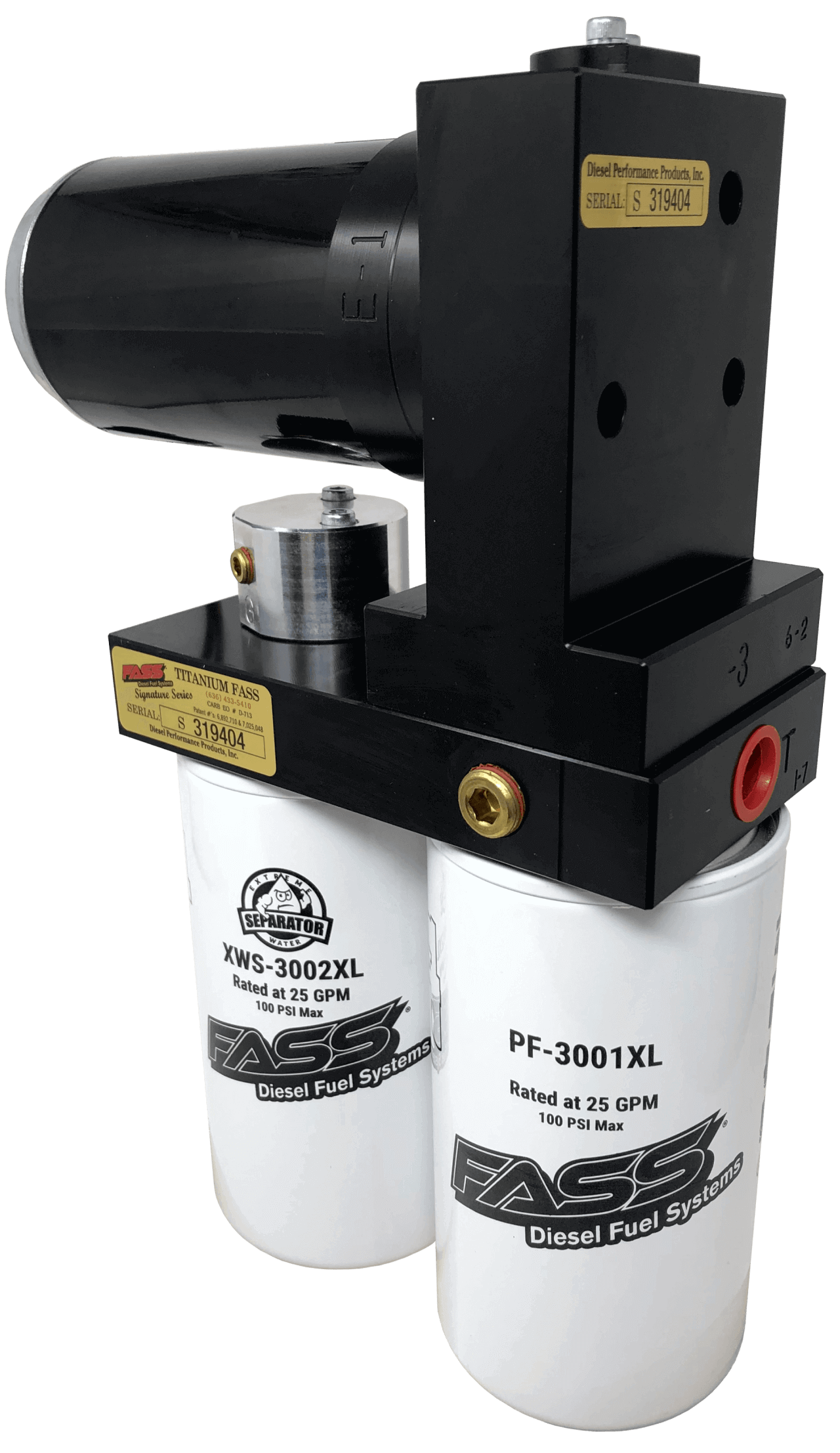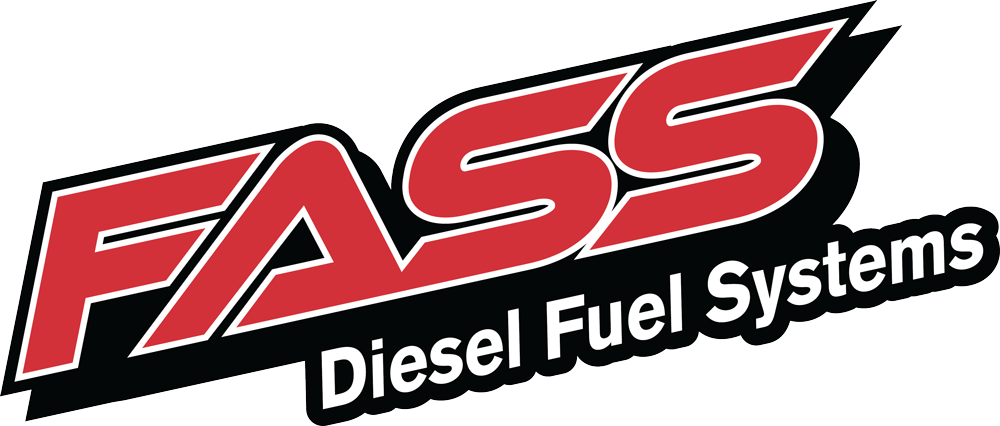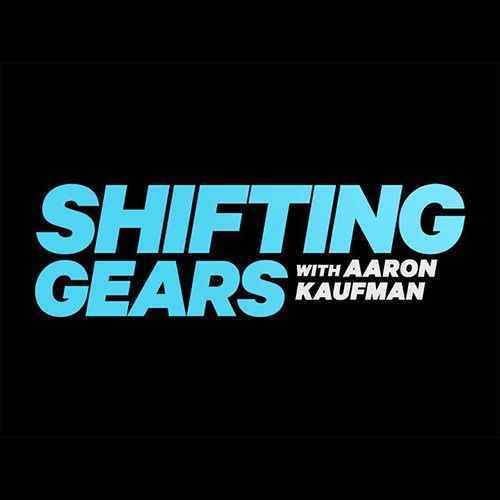Delivering the Purest Fuel to Your Diesel Engine
Calculate Your Fuel Savings

Calculate Your Fuel Savings
| Conventional Filter | FASS System | |
| 125000 | Average Yearly Miles Driven | 125000 |
| 6.5 | Average MPG | 6.9 |
| 19231 | Gallons Per Year | 18116 |
| 3.3 | Cost Per Gallons | 3.3 |
| 63462 | Fuel Cost Per Year | 59782 |
1 Year Savings!
$3,680
5 Year Savings!
$18,400
Locate Dealer
FASS Authorized Dealer Network
Features, Benefits, & ROI with FASS
Increased Service Life of Fuel Injection Components
Increased Fuel Economy
Increased Life and Decreased Service Intervals of your DPF
Extreme Cold Weather Operation
Increased Horsepower and Torque
What is FASS
FASS Diesel Fuel Systems are the #1 Fuel/Air Separation System for fleets & owner-operators worldwide. FASS Diesel Fuel Systems are designed to optimize engine performance–including torque/power, fuel economy, idle quality, throttle response & more.
Have you noticed how much better the engine performs with a full tank of fresh, cool fuel when compared to a 1/4 tank of hot fuel that’s been agitating all day? It goes without saying that a truck full of cool fuel performs much better.
By keeping your engine supplied with fresh, polished fuel, your truck stays at peak performance–day in, day out. With a FASS, you can say goodbye to the days of inconsistent performance caused by fuel starvation, air & vapor! Delivering purified fuel without air & vapor not enhances performance, but also increases the life of the fuel injection system.

Fuel Mileage Testing Results
1 – Hour Dyno Test Completed Using Cat C15 Engine Certified third party test – Realworld Conditions will vary.
We understand that a class 8 truck doesn’t average 75mph and probably doesn’t average 58% work load in most areas. But they do average around 125,000 miles per year. If we use those calculations from the Caterpillar dyno test with the stock fuel filter the engine got 3.15mpg and with the FASS got 3.76mpg. an increase in fuel mileage of 0.61mpg. This is interesting as we tell potential customers that there is a solid 0.4mpg to be had, however on this engine 0.7-0.9mpg increase is not unheard of. So let’s go to the conservative numbers of 0.4mpg.
Saved 3.83 Gallons
of fuel in 1 Hour!
| Conventional Filter vs FASS System | Run Time | RPM | MPH | Engine Load % | Starting Fuel Weight/Gallons | End Fuel Weight/Gallons | Fuel Consumption | Fuel Savings!! |
| Conventional Filter | 1 Hour | 1600 | 75 | 0.58 | 260 pounds, 37.45 Gallons | 95 pounds, 13.68 Gallons | 165 pounds, 23.77 Gallons | |
| FASS System | 1 Hour | 1600 | 75 | 0.58 | 254 pounds, 36.58 Gallons | 115.5 pounds, 16.63 Gallons | 138.5 pounds, 19.94 Gallons | 26.5 pounds, 3.83 Gallons |

Find the Right FASS Fuel System for Your Truck
Your Roadmap to Maximizing Engine Performance and Extending the Life of Your Important Engine Components
eBook: FREE Fuel Contaminants Guide exploring real world conditions versus manufacturer’s test cell
Throughout this guide, we’ll be referencing documents from manufacturers such as Bosch, Caterpillar, Cummins, Detroit
Diesel & Racor/Parker just to name a few. We’ll be covering their findings on how air & vapor develop and how it affects
the dependability of your injectors and engine performance.
Download this eBook to learn:
- Do we completely understand how air and vapor enter a closed system?
- Do we realize the negative impact they have on our diesel engines?
- How does this affect my bottom line?
- How will a FASS system provide more dependability & improve our bottom line?
- How does FASS legitimately make the claims?
- If it is so good why don’t the engine manufacturers use it?
Download the Free Fuel Contaminants Guide
In depth details on how air in fuel negatively affect your engine’s performance
Stay Up to Date
with the Latest Products
FASS R&D
Research and Development




